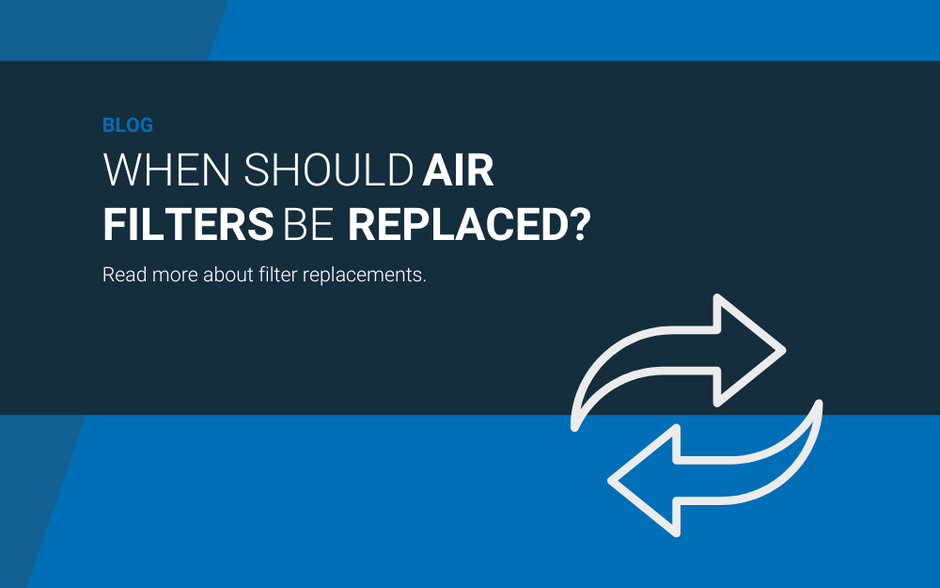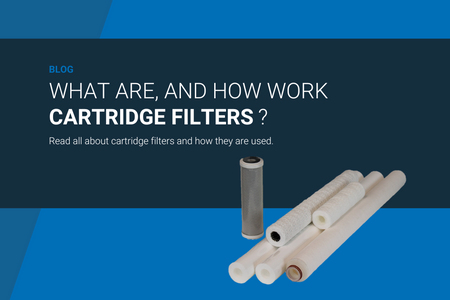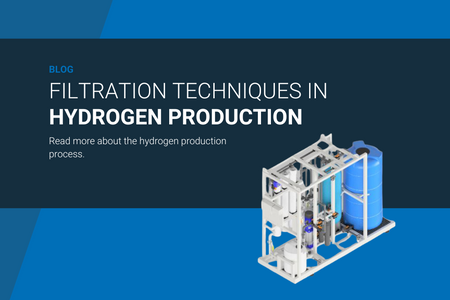
When to Replace Air Filters?
Ventilation systems are essential for maintaining a healthy and comfortable indoor environment. They ensure that the air you breathe is clean and refreshing. Air filters play a key role in this by filtering out dust, allergens, and other unwanted particles from the air. Replacing these filters on time is crucial to keeping your ventilation system and yourself in top condition.
Why is Replacing Air Filters So Important?
If filters remain in the system for too long, they can become saturated with pollutants and even develop mold. This can lead to reduced air quality and health issues such as allergies and respiratory problems. Regular maintenance not only prevents contamination but also ensures that your ventilation system continues to function optimally.
When Should Air Filters Be Replaced?
How do you know when it’s time to replace the filters? An important indicator is measuring the pressure difference across the filters using a differential pressure gauge. If the pressure difference exceeds your system's design resistance, replacement is necessary. An increased pressure difference often means the filters are too dirty and may even damage your system.
Some visual signs that filters need replacement:
- Damaged or torn filters: These can obstruct airflow and reduce efficiency.
- Mold growth: This indicates an issue with moisture and contamination.
- Saturated filter elements: This can indicate excessive humidity or a problem with the system.
- A pressure difference higher than 250 Pa: This may mean the filters have reached capacity and should be replaced. We recommend closely monitoring the filters once they reach a pressure drop of 150 Pa.
How to Replace Contaminated Air Filters?
Follow these steps to replace air filters safely and effectively:
- Wear protective clothing: Use a mask and gloves to protect yourself from contaminants. Interfilter offers PPE sets and special bags for safe disposal of filters.
- Turn off the system: Ensure the ventilation system is completely turned off and the fan(s) have stopped.
- Remove the filters: Take the contaminated filters out of the system and pack them in a sealed bag to prevent the spread of dirt.
- Check the frames: Before installing new filters, inspect the mounting frames for damage and ensure all seals and clamps are secure.
How to Install New Air Filters?
When installing new filters, it’s important to follow the correct procedures:
- Check size and position: Ensure the filters are the correct size and placed correctly. Panel filters should be vertical to keep the pleats in position. Bag filters should have enough space to fully open without sagging.
- Ensure correct order: If you’re installing multiple filters, start with the filters of the lowest class and work up to the higher classes.
Choose Sustainable Air Filters
Choose filters that are sustainable and recyclable to reduce your environmental footprint. Proper maintenance and responsible disposal of filters contribute to a healthier planet. We also have the right solutions for this.
Frequently Asked Questions About Filter Replacement
How do I know which type of filter I need?
Check the specifications of your ventilation system or consult one of our specialists.
How do I know how the filters should be positioned in the AHU?
For bag filters, it’s important that the bags stand vertically when placed in an air handling unit. We also install a compact filter RPV with the V’s upright, vertically. If you’re unsure about how your filters should be positioned in the system, please feel free to contact us!
What if I don’t have a differential pressure gauge?
Regular maintenance and visual inspection can also provide useful indications. We are, of course, also available for advice.
Free Filter Advice
Regularly replacing air filters is essential for fresh, healthy indoor air and a well-functioning ventilation system. Do you have questions or need assistance selecting, placing, or replacing filters? Our specialists are ready to help. Contact us at +31 181 31 11 87 or info@interfilter.nl.
 EN
EN
 NL
NL PL
PL 



